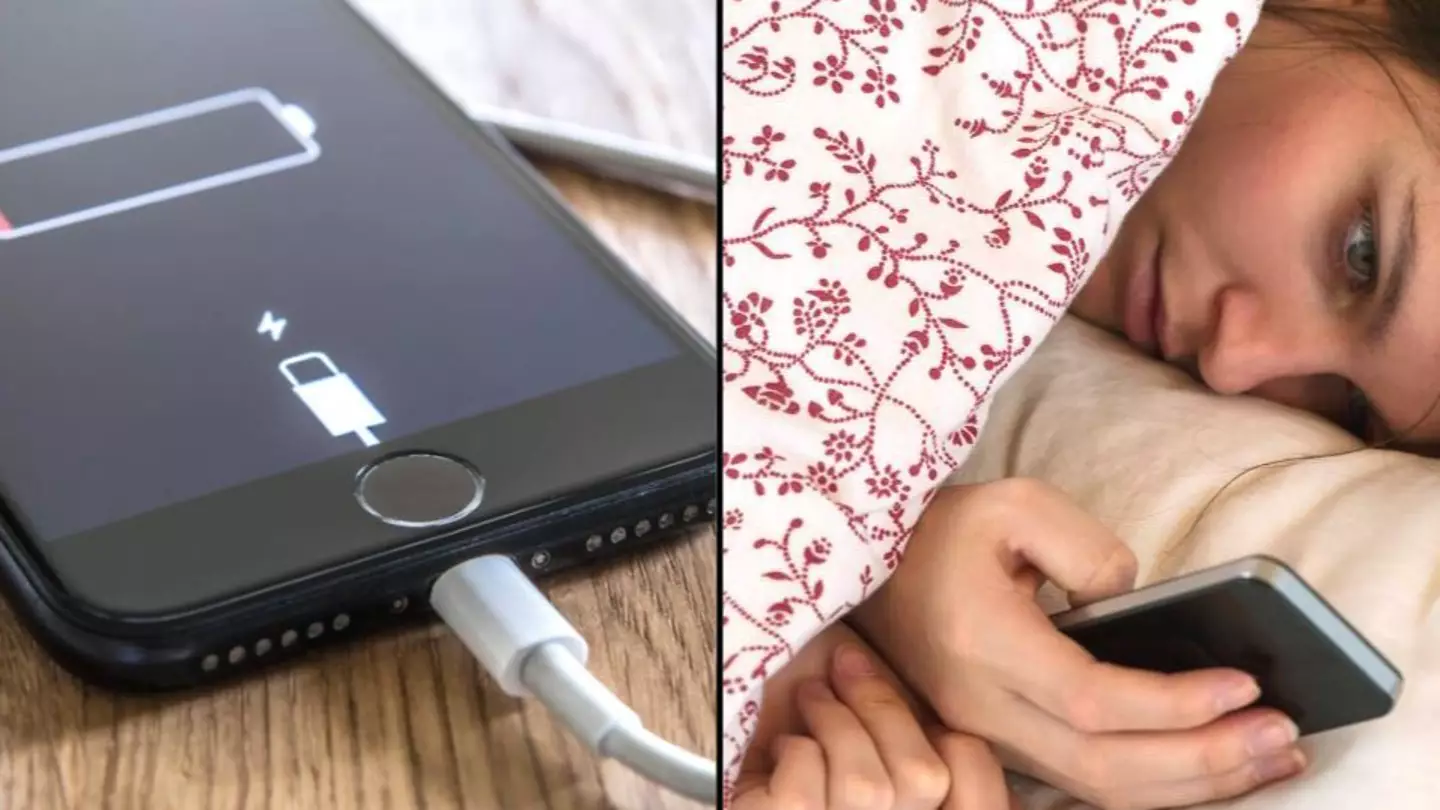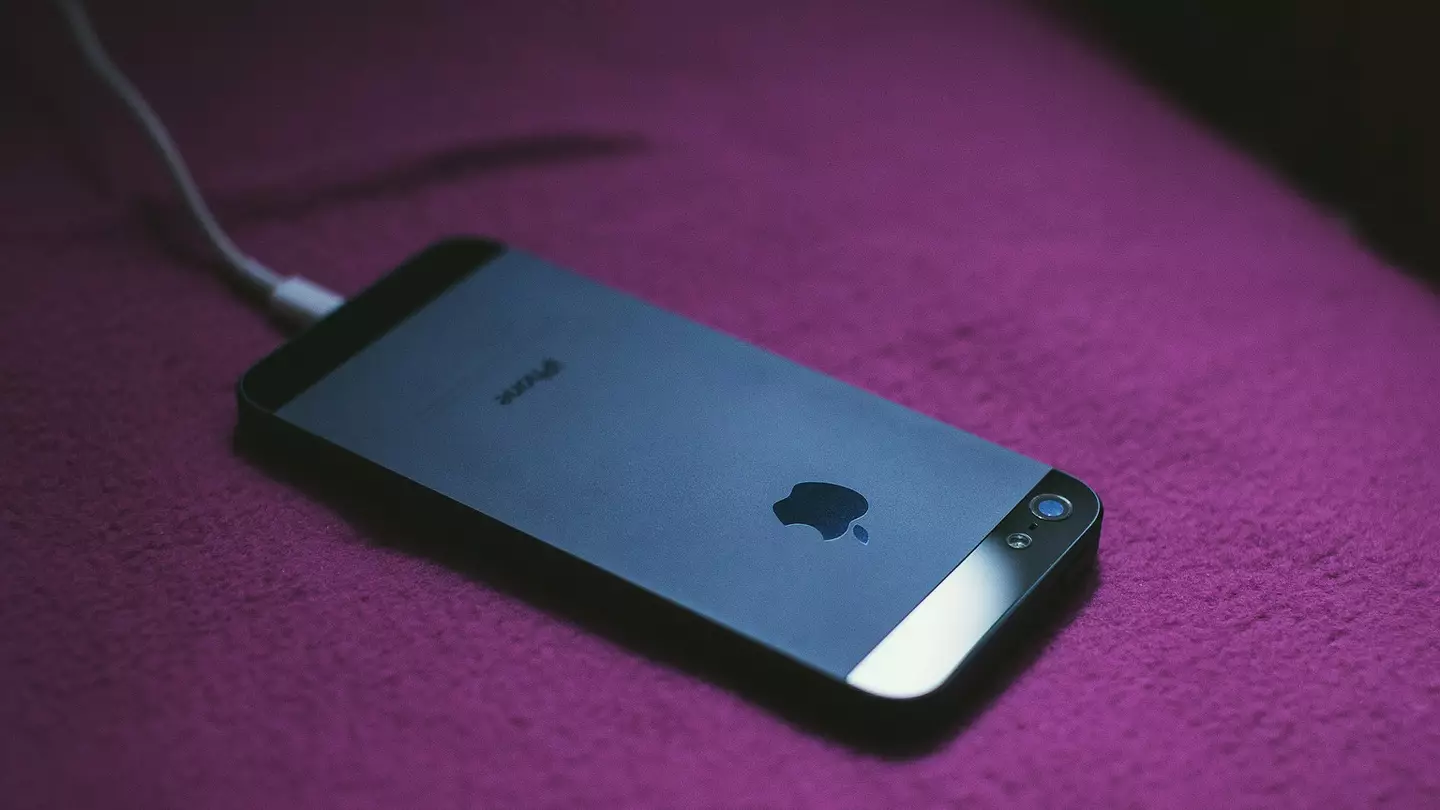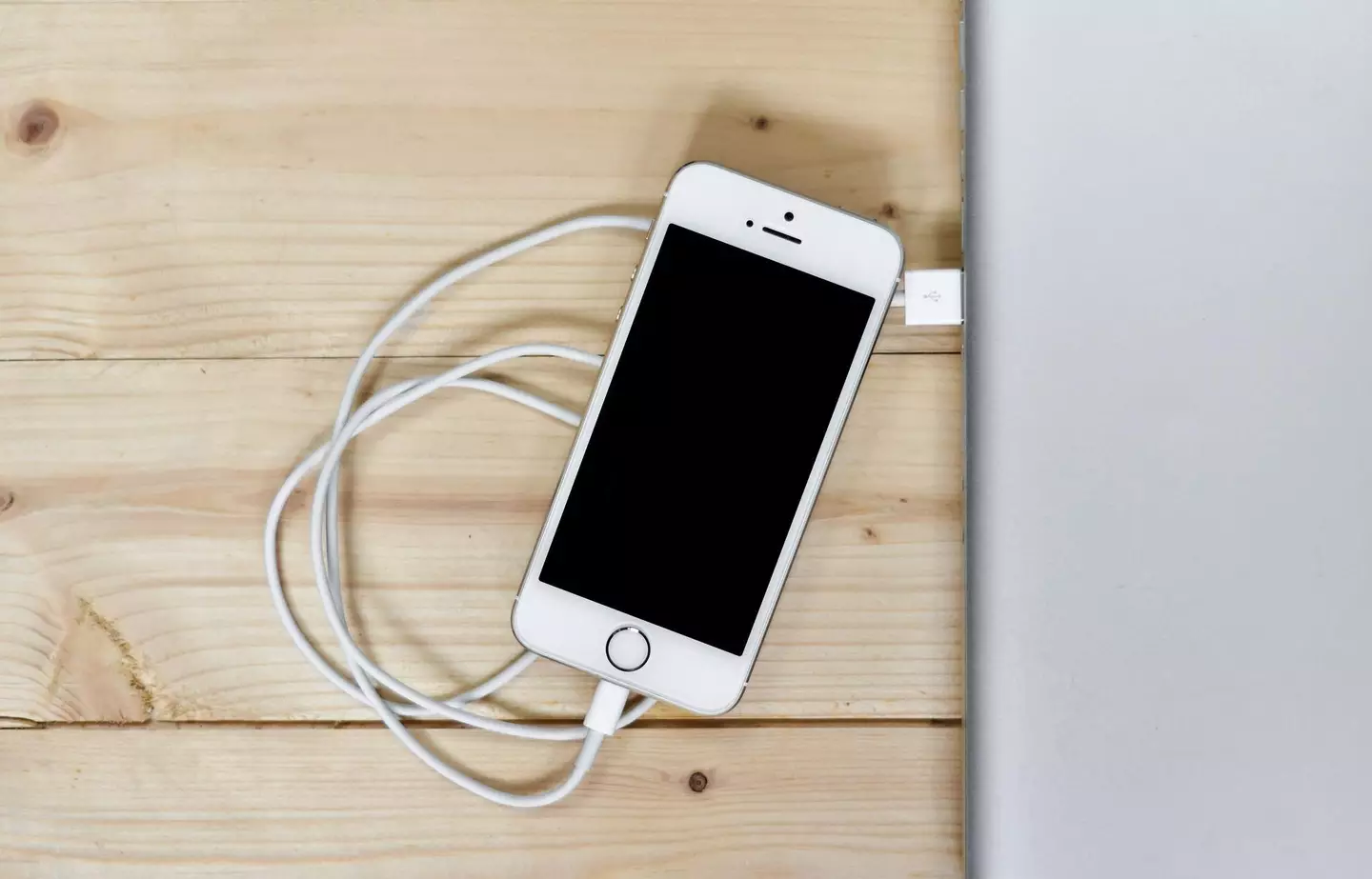
Before going to sleep, most of us will put our phone on charge to make sure it’s ready for the day ahead.
But doing this could actually be causing damage to our iPhones, according to tech expert Adrian Kingsley-Hughes, writing for Zdnet.
Apple has integrated Optimised Battery Charging into IOS, which stops your phone from charging when it reaches 80 percent battery life. The extra 20 percent is only added in time for you to wake up.
Advert
This means your phone is plugged in all night long, charging at a slower rate, which really isn’t very efficient when you think about it.
Do you ever pick up your phone when you wake up and think it feels warmer than usual? This is why keeping your phone on charge can be causing damage.
When your iPhone is connected up to its charger, it will get warmer, usually increasing a few degrees above room temperature.

The reason this is so bad for your device is because heat can kill your battery.
Advert
Doing this for eight hours a night, every night, means you’re essentially cooking your phone battery unnecessarily.
Adrian writes: "Heat is a killer of batteries. While there's nothing you can do about the normal wear and tear that a battery experiences from being charged and discharged, heat is something you can do something about.
"When you iPhone is connected to a charger, it gets warm - warmer than if it isn't connected, and even though that increase might only be a few degrees above room temperature, doing this overnight, every night, doesn't seem smart to me."
So, what’s the best way to charge your iPhone?
Advert
Rather than having it plugged in for a prolonged period of time, you could give it a little battery top-up a couple of times a day.
Using a standard charger, an iPhone can go from zero to 50 percent charge in around 30 minutes. Doing this once in the morning and again later on in the afternoon or evening, can help to preserve its battery life.
Obviously, if you’re going to be out and about, or heading out in the car, you’ll want to take a power bank or car charger with you just in case. But if you’re at home or in the office, charging twice a day should be fine.

Adrian's own practice is as follows: "I put [the iPhone] on for 30 to 45 minutes in the morning after I get up (I also charge up my Apple Watch at the same time).
Advert
"Then I charge it around mid-afternoon for another 30 minutes or so to bring it to that 80% mark, which usually will be enough to see me through to the next morning.This is also why Apple has introduced the charging update to iOS."
Sharing advice about its Optimised Battery Charging, Apple said: “A battery’s lifespan is related to its chemical age, which is more than just the length of time since the battery was assembled.
"A battery's chemical age results from a complex combination of several factors, including temperature history and charging pattern.
“With iOS 13 and later, Optimised Battery Charging is designed to reduce the wear on your battery and improve its lifespan by reducing the time your iPhone spends fully charged.
Advert
"When the feature is enabled, your iPhone will delay charging past 80 percent in certain situations.
"Your iPhone uses on-device machine learning to learn your daily charging routine so that only Optimised Battery Charging activates when your iPhone predicts it will be connected to a charger for an extended period of time.
"The algorithm aims to ensure that your iPhone is still fully charged when unplugged.”
LADbible has contacted Apple for a comment regarding the best way to charge your iPhone.
Featured Image Credit: MPSPhotography / PhotoAlto / Alamy Stock PhotoTopics: Apple, iPhone, Technology
